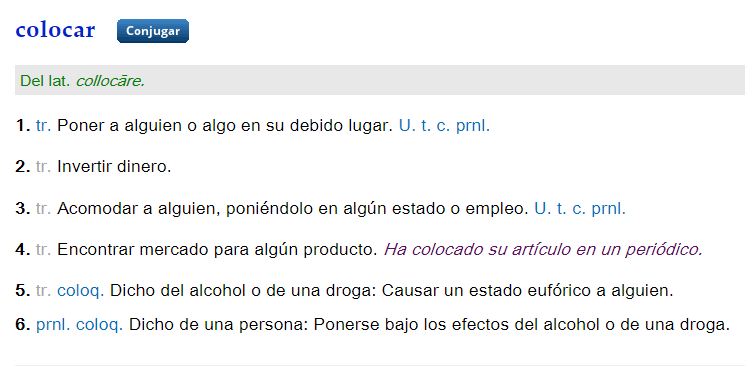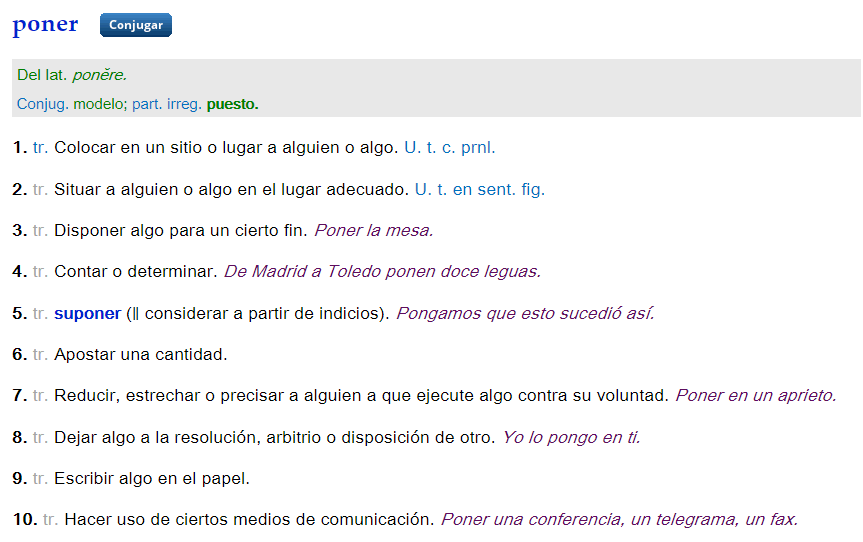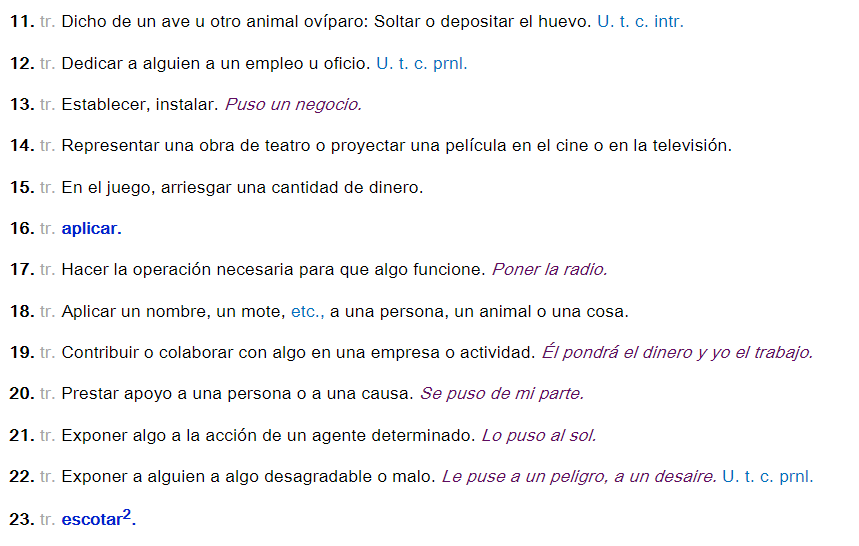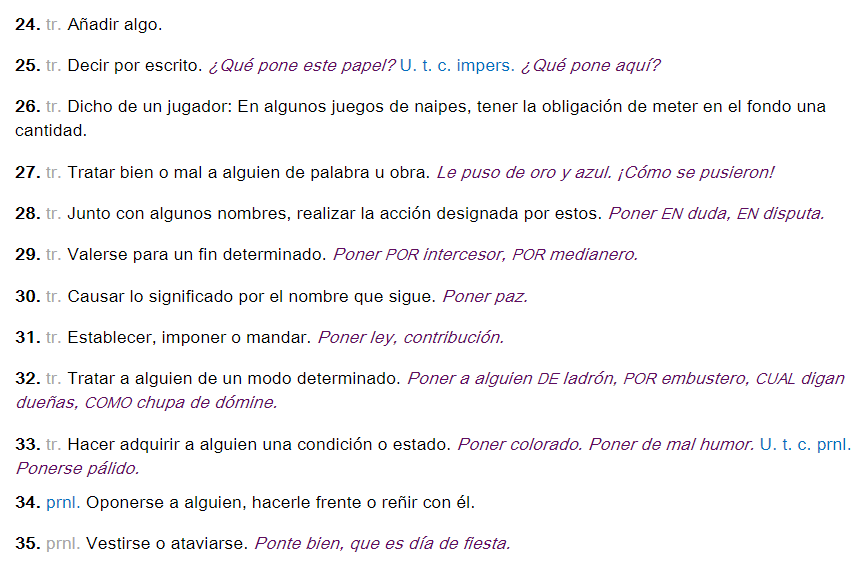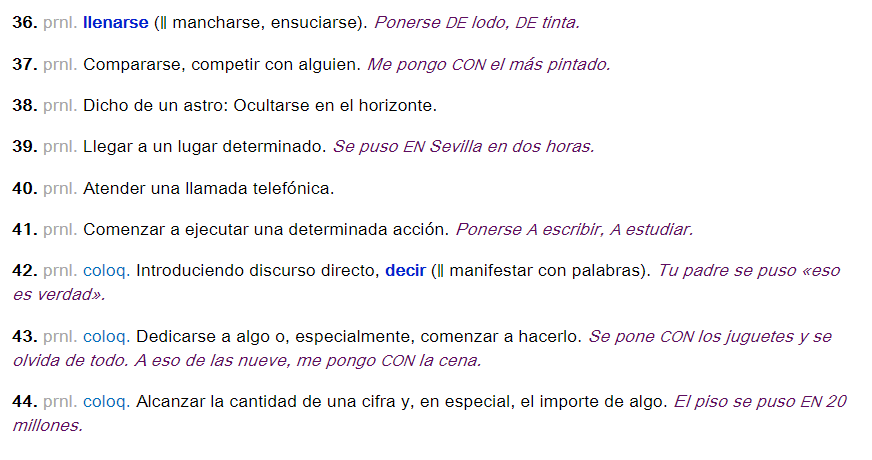Todavía no sé cuántas veces he escuchado estas frases:
 Profe, ¿había que leer algo para hoy?
Profe, ¿había que leer algo para hoy?
Profe, ¿había tarea?
Profe, ¿para qué nos sirve eso que nos estás enseñando?
Profe, ¿por qué me calificaste tan bajito?
Profe, ¿puedo entregarte la tarea mañana? Es que he tenido demasiadas cosas que hacer y no he podido hacer nada.
Profe, ¿y es que tú calificas tildes?
Profe, es que tengo a mi mamá en el hospital y no hay nadie más que pueda estar pendiente de ella.
Profe, es sólo una décima, súbeme a 3.0.
Profe, estoy demasiado enfermo, con gran esfuerzo vine a tu clase, así que debes estar agradecida.
Profe, hoy no pude traer la tarea porque el perro se la comió.
Profe, me fue mal en el parcial porque no me diste suficiente tiempo, estaba muy largo y muy difícil.
Profe, mi abuelita se murió la semana pasada y no he tenido cabeza para hacer nada más.
Profe, que pena llegar tan tarde, pero es que había un trancón terrible, antes llegué.
Profe, yo no hice la tarea, pero pregúntame que yo ya me sé eso.
Profe, yo sí hice la tarea, pero es que se me quedó en la oficina.
Profe, yo sí hice la tarea, pero es que se me quedó en la otra carpeta.
Profe, yo sí hice la tarea, pero se me quedó justo sobre la mesa del comedor, es que salí de afán de la casa.
Y todavía hay quienes creen que ser docente es fácil...

2009
MRC ©
2010
MRC ©
Feliz Día del Profesor
−−−−−−−−−−−−−−−−−
 Frases sobre los maestros y su profesión
Frases sobre los maestros y su profesión
A las plantas las endereza el cultivo; a los hombres, la educación. (Jean J. Barthélemy)
Aquel que desee convertirse en maestro del hombre, debe empezar por enseñarse así mismo antes de enseñar a los demás; y debe enseñar primero con el ejemplo antes de que lo haga verbalmente. Pues aquel que se enseña a sí mismo y rectifica sus propios procedimientos, merece más respeto y estimación que el que enseña y corrige a otros, eximiéndose a él mismo. (Khalil Gibran)
Cuando el pueblo es tan numeroso, ¿Qué puede
hacerse en su bien? Hacerlo rico y feliz. Y cuando
sea rico ¿Qué más puede hacerse por él? Educarlo. (Confucio)
Dar amor, constituye en sí, dar educación. (Eleonor Roosevelt)
Del hablador he aprendido a callar, del intolerante
a ser indulgente y del malévolo a tratar a los
demás con amabilidad. Y por curioso que parezca,
no siento ninguna gratitud a esos maestros. (Khalil Gibran)
Educad a los niños y no será necesario
castigar a los hombres (Pitágoras)
Educar en la igualdad y el respecto es educar
contra la violencia. (Benjamín Franklin)
Educar no es dar carrera para vivir, sino
templar el alma para las dificultades de la vida. (Pitágoras)
El buen maestro hace que el mal estudiante s
e convierta en bueno y el buen estudiante en
superior. (Maruja Torres)
El maestro que intenta enseñar sin inspirar
en el alumno el deseo de aprender está
tratando de forjar un hierro frío. (Horace Mann)
El objeto de la educación es formar seres aptos
para gobernarse a sí mismos, y no para se
gobernados por los demás. (Herbert Spencer)
El objeto más noble que puede ocupar el hombre
es ilustrar a sus semejantes. (Simón Bolivar)
El oficio del maestro: Enseñar es un ejercicio
de inmortalidad. (Ruben Alves)
El principio de la educación es predicar
con el ejemplo (A.R.J. Turgot)
El que no sabe es un imbécil. El que sabe y
calla es un criminal. (Bertolt Brecht)
El secreto de la educación está en el
respeto al discípulo (Ralph W. Emerson)
Enseñando aprendemos (Séneca)
Enseñar a quien no quiere aprender es como
sembrar un campo sin ararlo. (Rchard Whately)
Enseñar a quien no tiene curiosidad por
aprender es sembrar un campo sin ararlo.
(Rchard Whately)
Enseñar es aprender dos veces (Joseph Joubert)
Enseñar es un ejercicio de inmortalidad. (Ruben Alves)
Es detestable esa avaricia espiritual que tienen
los que, sabiendo algo, no procuran la transmisión
de esos conocimientos. (Miguel de Unamuno)
Estoy firmemente convencido de que nadie
educa a otro, en el mejor de los casos, sólo
propiciamos, contagiamos que otros
se eduquen a sí mismos. (Abel Pérez Rojas)
Hay dos tipos de educación, la que te enseña
a ganarte la vida y la que te enseña a vivir.
(Antony de Melo)
La educación consiste en enseñar a los hombres,
no lo que deben pensar, sino a pensar. (Calvin Goolidge)
La educación no crea al hombre, le ayuda a
crearse a sí mismo. (Maurice Debesse)
La naturaleza hace que los hombres nos
parezcamos unos a otros y nos juntemos; la
educación hace que seamos
diferentes y que nos alejemos. (Confucio).
La tarea del educador moderno no es podar l
as selvas, sino regar los desiertos. (Clive Staples Lewis)
Los discípulos son la biografía del
maestro. (Domingo Faustino Sarmiento)
Los mejores profesores son aquellos que saben
transformarse en puentes, y que invitan a sus
discípulos a franquearlos. (Nikos Kazantzakis)
Maestro, quisiera saber cómo viven los peces
en el mar. Como los hombres en la tierra: l
os grandes se comen a los pequeños.
(William Shakespeare)
No es mejor maestro el que sabe más, sino
el que mejor enseña. (Vanceli)
Por cada persona que quiere enseñar, hay,
aproximadamente, treinta personas que
no quieren aprender. (Walter C. Sellar)
Quien volviendo a hacer el camino viejo aprende
el nuevo, puede considerarse un maestro. (Confucio)
Si cree usted que la educación es cara,
pruebe con la ignorancia. (Derek Bok)
Si domas a un caballo con gritos, no esperes
que te obedezca cuando le hables (Dagobert D. Runes)
Tan solo por la educación
puede el hombre llegar a ser hombre.
El hombre no es más que lo que la educación
hace de él. (Emmanuel Kant)
Un profesor es el que te enseña, un maestro es del
que aprendes (Domingo Faustino Sarmiento)
Un profesor trabaja para la eternidad: nadie puede
predecir dónde acabará su influencia. (H.B. Adams)
Una cosa es saber y otra
saber enseñar. (Marco Tulio Cicerón)






























